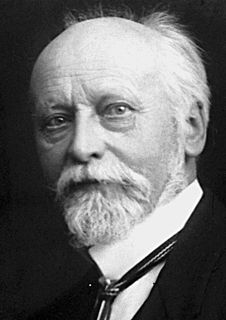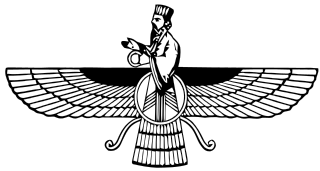A Quote by Umberto Eco
In short, Roberto privately concluded, if you would avoid wars, never make treaties of peace.
Related Quotes
Historically, and since, 1520, eighteen Treaties have been concluded between the Persian State and its western neighbours regarding its relations therewith including the question of borders. On all occasions, the Persian State chose the opportunity to violate the said Treaties whether by word or deed.
If the government were obliged to come to the people for money instead of vice-versa, the people would keep government under control and operate their economy satisfactorily with prosperity and peace resulting. The peoples of the nations do not make war. For them peace is the natural and permanent order. Wars are planned and perpetrated by politicians and their diplomats; and the money power of government is the means by which the people are maneuvered into wars.
African-Americans were dispossessed of the land by being brought over here in slave ships, whereas Indians were on the land and fought literally wars against Europeans for control of that land. And that history of dispossession, you know, if you look at the treaties, it's very interesting. Everyone thinks that Indians were ripped off in their treaties. If you look at the first round of treaties from about 1800 to the Civil War, tribes secured over 150 million acres. I think it may have been 144 million acres in those treaties. That's a large amount of real estate.
We seem to know that international wars tend not to stop with their formal "peace treaties." We seem not to have thought enough about the difference between the large official events of political and military history and their overflow both into recognized effects and into the lives of unofficial people who suffer them.







































